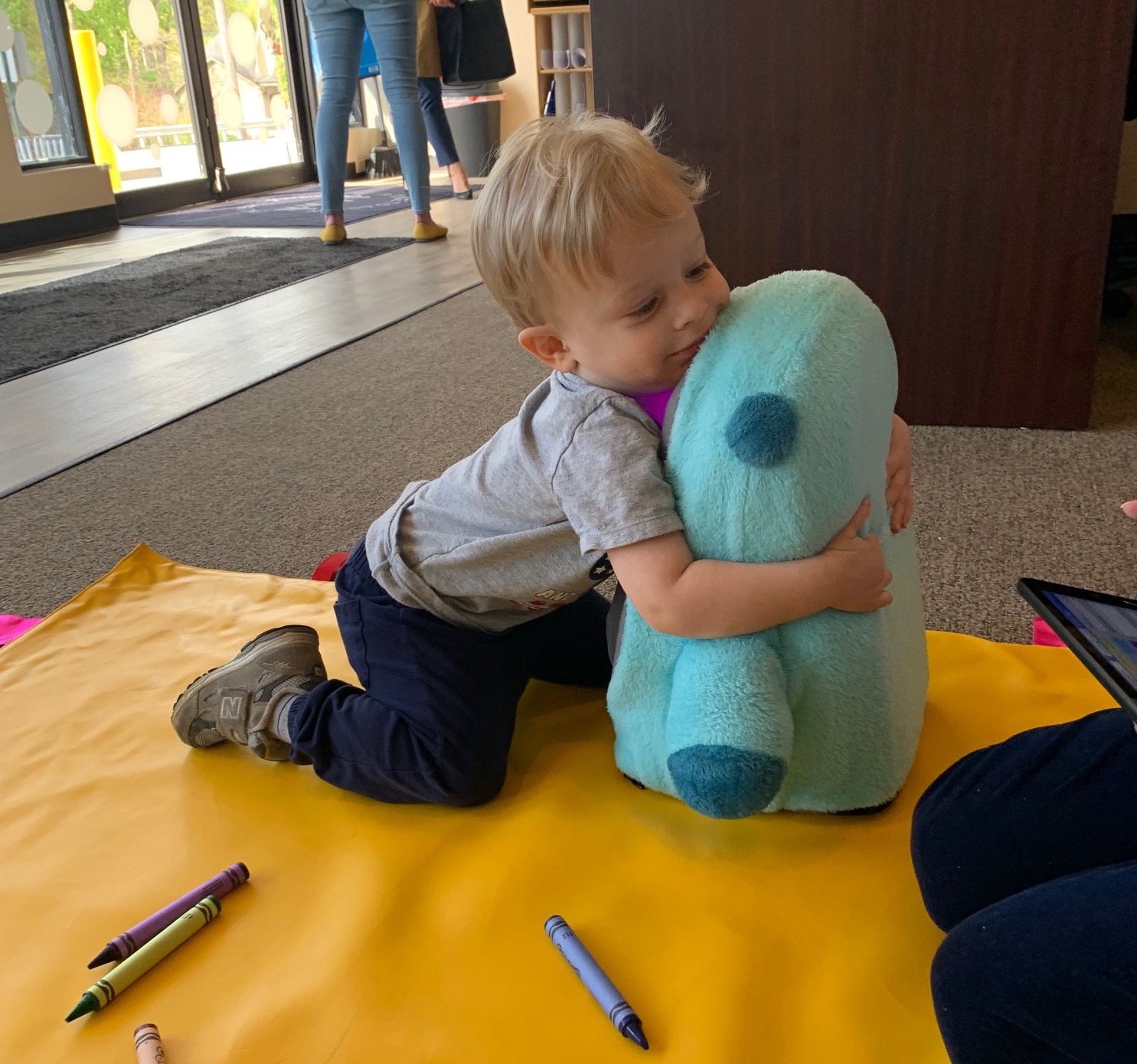By Grace Day
Social robotics, an emerging field at the intersection of robotics and human-computer interaction, has opened up exciting possibilities in various domains, including healthcare and therapy. These advanced robots are designed to interact with humans in a socially intelligent and emotionally sensitive manner, presenting a promising avenue for enhancing therapy outcomes.
Social robots are equipped with sophisticated sensors, cameras, microphones, and artificial intelligence algorithms, allowing them to perceive and interpret human emotions, gestures, and speech. By leveraging this technology, social robots can create meaningful interactions, establish rapport, and respond empathetically to the emotional states of their human counterparts. This unique ability makes them valuable assets in therapy settings.
- Enhanced Engagement and Compliance
Therapy can sometimes be a daunting and intimidating experience for certain individuals, especially those with anxiety, autism, or communication challenges. Social robots provide a non-threatening and non-judgmental presence, encouraging patients to open up and participate actively in their therapy sessions. The interactive and engaging nature of these robots can improve compliance with therapy regimens and increase overall patient involvement.
- Emotional Support and Empathy
Social robots are programmed to recognize and respond to emotions expressed through facial expressions, tone of voice, and body language. As a result, they can provide real-time emotional support and empathy during therapy sessions. Patients may find it easier to share their thoughts and feelings with a robot, which can lead to increased emotional catharsis and a deeper connection with their emotions.
- Personalized Therapy Programs
Each therapy journey is unique, and social robots can adapt their interactions and interventions based on individual needs. Machine learning algorithms enable these robots to learn from each patient interaction and personalize therapy programs accordingly. This level of personalization enhances the efficacy of therapy and ensures that patients receive the most suitable treatment for their specific requirements.
- Skill Building and Behavior Reinforcement
Social robots can be utilized to facilitate skill-building exercises and behavior reinforcement. For instance, in pediatric therapy, a robot can help children practice social skills, language development, and emotional regulation through interactive games and activities. Additionally, the robot can provide positive reinforcement, boosting the child’s confidence and motivation.
- Supplementing Traditional Therapies
Social robots are not meant to replace human therapists but rather to complement their work. They can alleviate the workload of therapists by handling certain repetitive tasks, data collection, and progress tracking. This allows human therapists to focus more on building meaningful connections with their patients and providing specialized guidance.
Social robotics represents a remarkable leap in therapeutic approaches, offering a wide array of benefits to patients and therapists alike. The potential of these empathetic and interactive robots to enhance engagement, emotional support, and personalization in therapy holds significant promise for the future of mental health and rehabilitation treatments. As technology continues to advance, we can look forward to a world where social robots play an integral role in promoting emotional well-being and empowering individuals on their journey towards healing and self-discovery.



